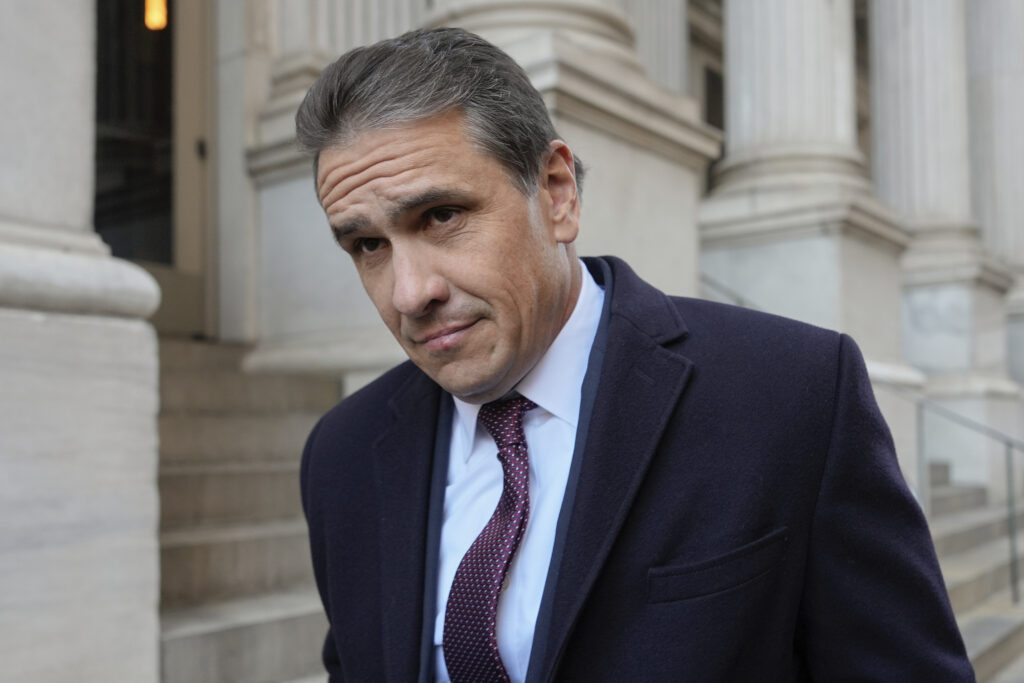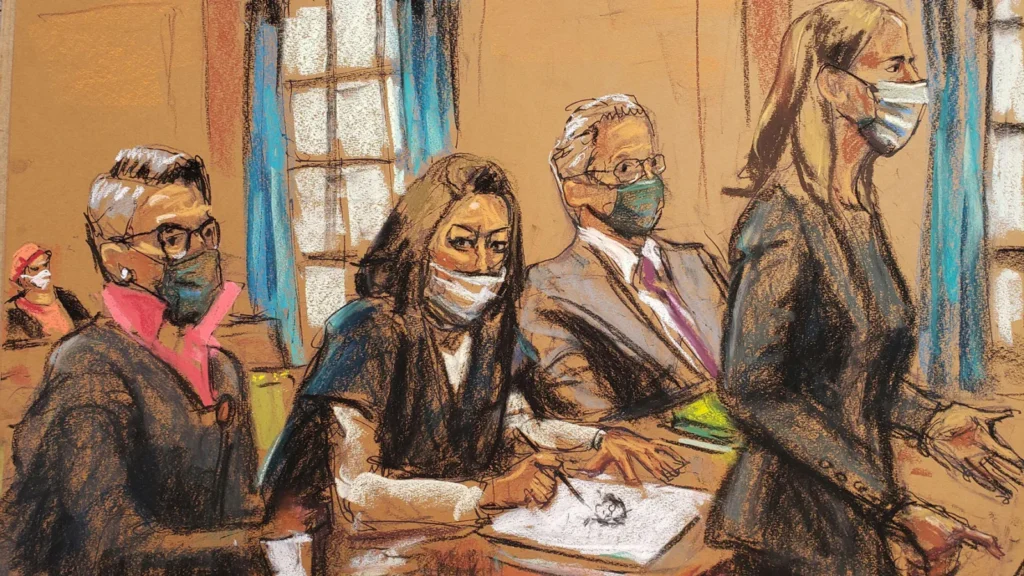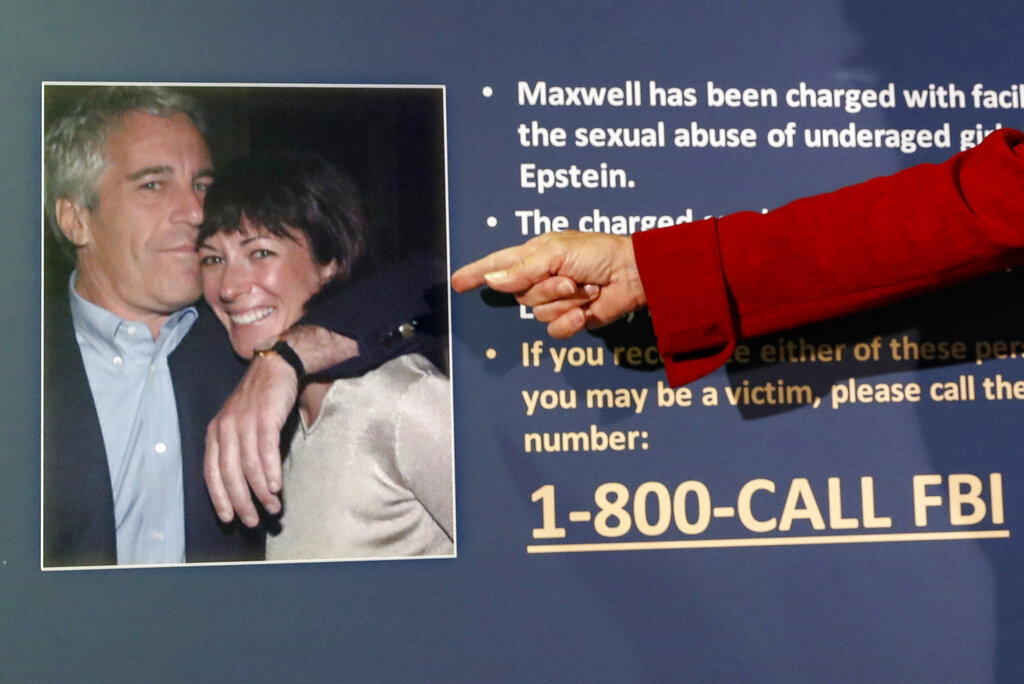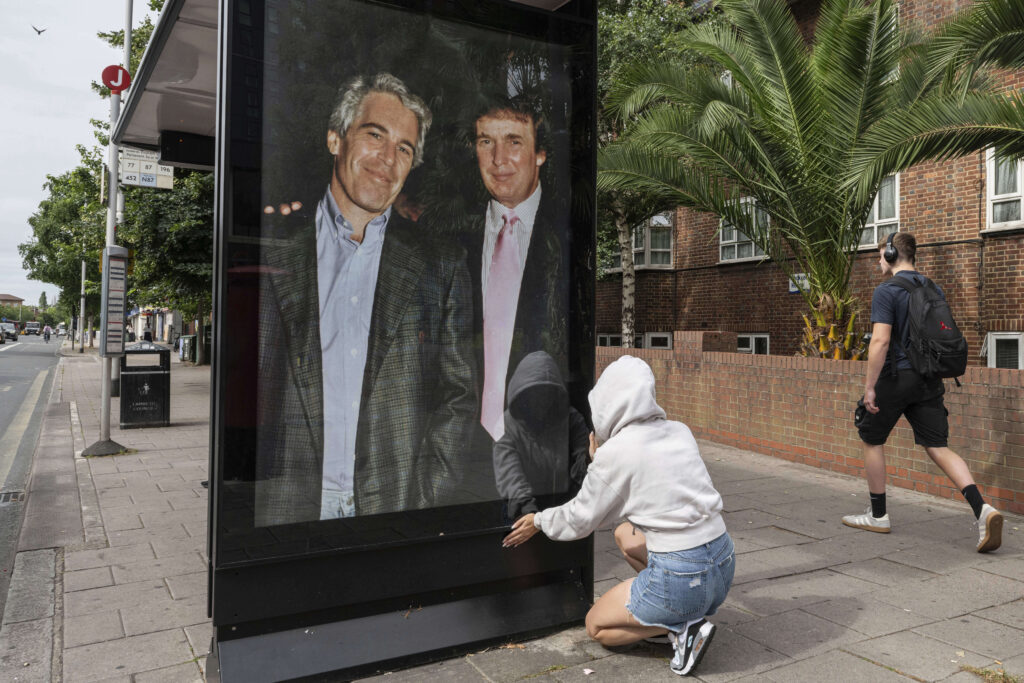Ghislaine Maxwell’s Prison Power Play: Is Jeffrey Epstein’s Longtime Companion Holding the Right Cards To Win Her Freedom?
Whatever happens next, one thing is clear: Maxwell is playing a surprisingly powerful hand.

It’s been several days since Jeffrey Epstein’s closest associate, Ghislaine Maxwell, was transferred from a Florida prison to a minimum-security prison camp in Texas, prompted by two days of meetings involving Ms. Maxwell, her attorney, David Oscar Markus, and the highest tier of the Trump Department of Justice. What exactly was shared between the two parties is unclear.
What is clear, however, is that whatever information Ms. Maxwell — serving a 20 year prison sentence for sex trafficking — provided Deputy Attorney General Todd Blanche was evidently potent enough to secure the kind of leniency seldom afforded to other convicted sex offenders, which Ms Maxwell, technically, is.
“The government doesn’t offer favorable treatment without getting something in return. From what I can tell, she delivered on what was proffered,” a source with direct knowledge of the situation tells The New York Sun.
On Friday, Ms. Maxwell was moved from FCI Tallahassee, a low-security federal prison that once housed the former nurse’s aide who killed several nursing home patients, Catherine May Wood, to Federal Prison Camp Bryan, which currently houses Elizabeth Holmes and a “Real Housewives of Salt Lake City” star, Jen Shah.
“This is one of the best facilities in the system,” the source tells The New York Sun. “She’ll have more freedom, better food, and access to a phone and email at all times. It’s like a school campus, not a prison.”

(Indeed, last weekend, Ms. Holmes was caught on camera walking along Camp Bryan’s prison yard while carrying dumbbells.)
Also on Friday, the House Oversight Committee chairman, James Comer, agreed to Ms. Maxwell’s request to delay a congressional deposition, originally scheduled for August 11, until after the Supreme Court, in a conference on September 29, decides whether to hear her appeal.
In her Supreme Court petition, Ms. Maxwell and Mr. Markus argue that the 2007 non-prosecution agreement between Mr. Epstein and federal prosecutors from the Southern District Court of Florida — which barred prosecution of “potential co-conspirators” — should have precluded charges against her.
Ms. Maxwell’s legal team argues that the use of “United States” in the co-conspirators clause applies to all U.S. attorneys’ offices in the United States, including the Southern District of New York, where she was convicted, and not just the Southern District of Florida.

“In this case, the government made a written promise that Epstein’s co-conspirators would not be prosecuted by the United States, and Maxwell was in fact prosecuted as a co-conspirator of Epstein by the United States,” Mr. Markus wrote in his April 10 petition.
The 2021 conviction of Ms. Maxwell by federal prosecutors in New York — which came after a series of 2018 articles in the Miami Herald cast a harsh spotlight on the 2007 plea deal — was controversial, considering that the U.S. attorney in South Florida had agreed not to prosecute Epstein. The issue would have been core to Epstein’s legal defense, had he not died in a federal jail in Manhattan.
“Her team is convinced the Supreme Court might hear the case, unless it’s settled beforehand,” a source tells the Sun of Ms. Maxwell’s defense.
Last weekend, Mr. Comer defended his decision to delay, saying he didn’t see any need “in going down there, and her pleading the Fifth.”

“We want to hear from her, I think the American people have a lot of questions, and Congress has tasked me with the job to get the answers. We’re going to do that,” Mr. Comer added.
What happens between now and when the Supreme Court returns from its summer recess is anyone’s guess. President Trump has talked openly, if not hypothetically, about giving Ms. Maxwell a pardon, telling reporters last month, “I’m allowed to do it, but it’s something I have not thought about.” During a recent interview with Newsmax, Mr. Trump reiterated that stance: “I’m allowed to do it, but nobody’s asked me to do it.”
“I know nothing about the case,” Mr. Trump added.
In 2020, after Ms. Maxwell was arrested at a remote cabin in New Hampshire and taken to the Metropolitan Detention Center in Brooklyn, Mr. Trump told reporters he knew Ms. Maxwell from the Palm Beach social scene, and wished her well.

Mr. Markus told ABC News that Ms. Maxwell asked Mr. Blanche for a “relief” from her 20-year prison sentence instead of a “pardon.”
But at least one Republican lawmaker is cool to the idea of giving any relief or pardon to Ms. Maxwell, a convicted sex trafficker of underage girls.
“I don’t think that her testimony is worth the paper it’s written on, because she’s a liar,” Senator Tillis, a Republican of North Carolina, told the Hill, referring to a perjury charge for giving false statements during a 2016 civil deposition in a case related to Epstein.
“They ended up dropping the perjury charge against her, but we know she’s a liar because even though they dropped that charge — because it was a lesser charge — she demonstrated that she lied,” Mr. Tillis said.

“She also exploited young girls,” he added. Mr. Tillis is not seeking re-election next year, after voting against the “One Big Beautiful Bill” and facing long odds at surviving his break with Mr. Trump.
Then again, an insider believes waiting to see whether the Supreme Court will grant, or deny, certiorari to Ms. Maxwell’s petition is a gamble that the justice department is reluctant to take.
“The government might actually prefer the current legal ambiguity around non-prosecution agreements. They benefit from a lack of a definitive ruling, it keeps the tool flexible in future cases,” the source close to the investigation tells The New York Sun.
If the petition proceeds, and the Supreme Court ultimately rules against her, it could set a precedent that informants “can’t trust the system.” If the Supreme Court ultimately rules in her favor, “it could limit the government’s use of immunity deals,” the source close to the investigation tells the Sun.

“So even if the DOJ ‘wins’ the case, they lose the larger war,” the source tells the Sun.
This is why insiders believe a backchannel resolution may be the best outcome for Ms. Maxwell and the Trump administration.
“If she provides valuable information, that gives Trump cover to issue a pardon without it looking like quid pro quo. ‘She gave evidence, the FBI corroborated it, and Trump had nothing to do with it,’ that becomes the justification,” the source tells the Sun.
“But make no mistake: she earned that deal, and they’re not giving her anything out of goodwill,” the source adds.

